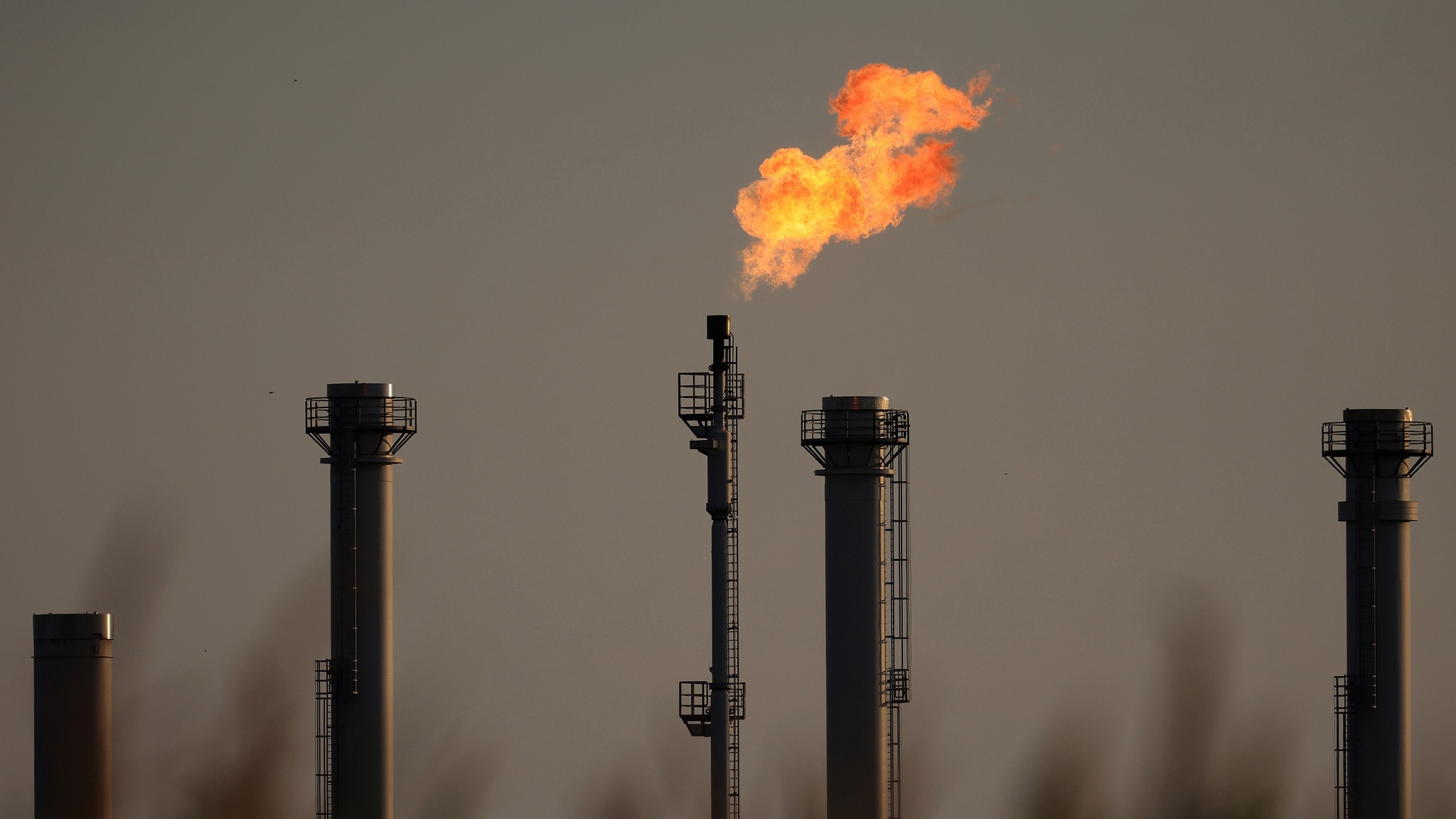The United States also spoke on the crisis for gas supplies in Europe, which has sent gas prices skyrocketing.
US National Security Council spokesman
John Kirby
said the United States would look for ways to "increase gas supplies in Europe or help European countries upgrade other sources of energy."
Kirby
accused Russia of yet another attempt to "use energy as a weapon",
with Russia shutting down Nord Stream 1.
Meanwhile, at 5 this morning, the Russian gas monopolist Gazprom closed the taps
of the Nord Stream towards Germany, for 72 hours, until Saturday.
German pipeline operators Opel and Nel confirm the stop.
Three days of "maintenance" are required to allow repairs to the only remaining gas compressor unit in operation at the Portovaya station, the company writes.
After an initial rise at the beginning of the day, the price of gas reversed its course.
In Amsterdam, the price fell to 241 euros per megawatt hour, a drop of 9%.
The expectation of decoupling and price cap decisions influences the market clearly optimistic about a deal in Europe.
The summit on 9 September will be the litmus test.
According to Bloomberg, gas prices could exceed "$ 4,000 per 1,000 cubic meters in peak winter periods", while according to Gazprom's CEO, the current gas crisis is the "result of European regulatory decisions and sanctions policy. And it gives some data: Gazprom's exports for the 8 months to key markets outside Russia reached 82.2 billion cubic meters. Gas production from January to August reached 288.1 billion cubic meters. ".
Yesterday
the price had dropped to 254 euros
amid the hopes that Europe will be able to put a price cap and unhook the price of electricity from that of methane now that patience with the Russian management of the "black gold "on the part of Chancellor Scholz would be at a minimum.
Mario Draghi's Italy was the first to propose the measure of the price cap at a European level.
The wait for the 9 September summit in Brussels is feverish at this point.
The TTF contract, the reference for European gas treated in Amsterdam, ended the day down by 6.8% (to 254 euros per megawatt hour), a long way from the 340 euros of a week ago.
Also yesterday, the Kremlin reiterated that on their part there is the will to respect the agreements made but it is the Western sanctions that cause problems.
The French Engie knows something about it, since supplies have been interrupted due to lack of agreements on the contract.
Now after the ten-day
break in July
, the "waltz" of the taps starts again.
Stefan Sauer / picture alliance via Getty Images
The Nord Stream 1 gas receiving station
The risks and the swing on the markets should ease with the beginning of autumn: countries have stockpiled billions supporting professionals and businesses.
There is talk of supplies up to 80% ahead of November 1st.
Italy is 81.7%, Germany 83.3%, France and Belgium 90%, Poland and Portugal even 100%.
All this while today Hungary signs a contract with Gazprom for the "supply of about 5.8 million cubic meters of natural gas more on a daily basis, in addition to the contractual quantity already in place. Energy supply of Hungary it is safe ", the Hungarian government spokesman wrote in a tweet.
Despite the possible solutions, gas remains, however, a real
weapon of war
used by Moscow since the beginning of the conflict in Ukraine.
The European Commission
knows this well
: for this reason "We must prepare for a complete interruption of supplies from the Russian side," said Ursula Von der Leyen.

